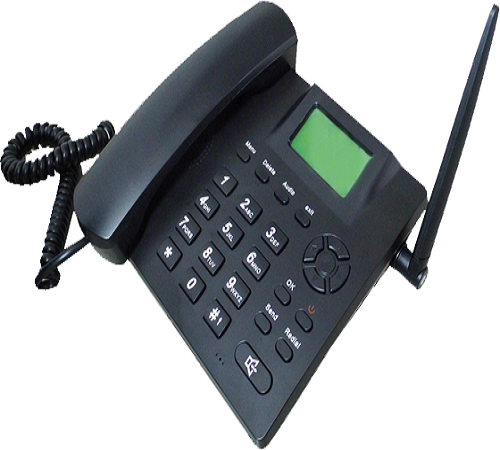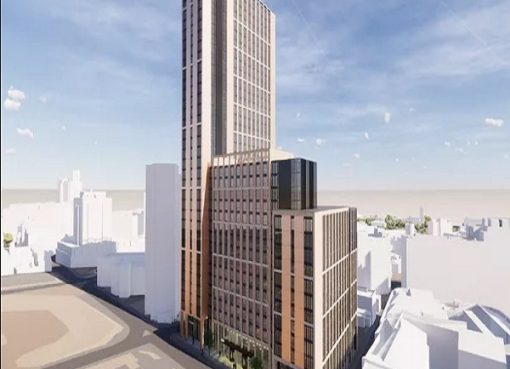Among the different channels of telecommunications service delivery is fixed wired which involves direct to home connections against the common mobile system.
This system was prominently used in the early days of telecommunications services in Nigeria by defunct Nigeria Telecommunications Limited (NITEL), the reliability and quality service delivery of this system is not in doubt. However, the advent of mobile in the ecosystem dealt a big blow on fixed line service that today is the list used and patronised even where the service is available.
According to Nigerian Communications Commission’s recent statistic on fixed wired line subscription as at September 2019 there are only 107,250 subscribers of services through this channel dropping from 107,949 in January the same year.
More so, according to the Africa Digital Outlook 2019 report from market research firm Ovum, “fixed broadband household penetration in Africa was about 8.5% at end-2Q19, lower than in any other world region, except Central and Southern Asia.”
Sharing his thoughts with Nigeria CommunicationsWeek on the potentials of fixed line services, Engr. Olusola Teniola, president, Association of Telecommunications Companies of Nigeria (ATCON) said: “Fixed-line services complements mobile services and in more developed economies and due to legacy issues acts as the foundation and primary access to telecommunication services.
“However, in Nigeria and with the death of NITEL the gradual decline and withdrawal of fixed-line services to the home, means that a great number of fixed-line supplementary services taken for granted in other climes and well-proven productive enhancing features available on the fixed-line networks are not delivered on the mobile networks deployed in Africa, especially Nigeria.
“With fiber now being the chosen media for fixed-line networks going forward it is very apparent that FTTH deployments will provide higher levels of data thru put and higher levels of Quality of Services for live streaming media at both 4K and 8K definitions”.
In a Speedtest Global Index, on a global level, fixed broadband speeds were nearly twice as fast as those on mobile in 2018. The world’s average download speed on fixed broadband was 46.12 Mbps, 26.4% faster than last year. Upload speed increased 26.5% to 22.44 Mbps.
All said, though, both mobile and fixed broadband speeds increased at a slower rate in 2018 than they did in 2017.
Where we got it wrong
Mohammed Rudman, managing director, Internet Exchange Point of Nigeria (IXPN) said: “The ship has sailed – We allowed the largest fixed telephone network operator to go under, NITEL would have been the perfect vehicle to deliver fixed broadband.
“Most countries strengthen and privatize their national carrier before providing license to other operators that is why today companies such as British Telecoms, France Telecoms and South African telecoms are still in existence. Unfortunately building such companies requires huge investment; hence it would be very difficult to go that route these days, especially with advent of wireless technology.
Teniola explained that: “There is a unwritten understanding that until there is a compelling fixed-line business case demonstrating a rate of return that exceeds that of mobile service business case, it is virtually impossible for any investor to fund capital to rolling out FTTH on a large scale.
“Currently, in Africa there are close to 800m unique mobile subscribers and with the advent of 5G the argument to support fiber-to-the home is going to be challenged and further supports the argument that fixed-line networks are viable for backbone, enterprise and metro network deployments and possibly in support of fiber-to-the-Towers, however, last-mile wireless technologies will be the dominant access medium that supports the return of investments operators across the continent seek.
He urged Government MDA(s) as a way forward to adopt fixed-line FTTB/P connections as part of their private voice and data networks that can connect the various government data centers, government offices and parastatals under the e-Gov project. This can then be extended to interconnect with State Governments (FTTB/P) private networks to provide a secure and scalable communication infrastructure as the Government digitises and digitalises its current processes.
Source: Commweek










